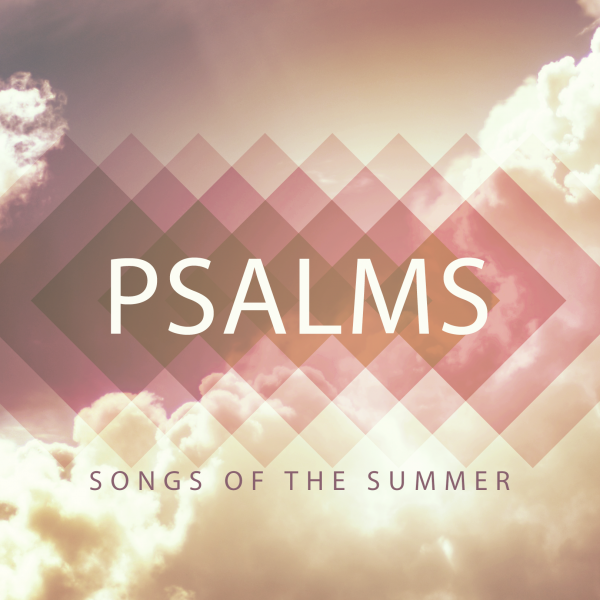Longing for God Knows What
1. If you could take any kind of journey or trip right now, where would you go? Why?
2. Describe a very powerful encounter you had with God during a time of personal or corporate worship? What made it so?
Read Psalm 84:
3. What longing is the writer of this psalm highlighting in v.1-2?
4. How would you rate your longing for God right now on a scale of 1 (low) to 10 (high)? Why?
5. Why does the Psalmist mention the birds in v.3?
6. How does vs.5-8 point toward a journey of dependence and surprise? What is the importance of having one’s heart “set” on journeying toward God when going through life’s valleys? Why do we have a tendency to want to avoid life’s valleys? How can they be transformative?
7. What’s unusual about “going from strength to strength” on a journey? How and why can that happen in life?
8. Who is the “shield” and “anointed one” referred to in v.9? What’s the significance of the psalmist’s prayer here? What does that mean for us today?
9. What could be so good about being in the Temple courts (v.10-12)? What keeps it from getting repetitious? What do these verses say about what it means to be content in life?
10. Whose walk is blameless? How can our walk be blameless today?
11. What is it that you really want in life? What have you sensed God saying to you? What are you going to do about it?

